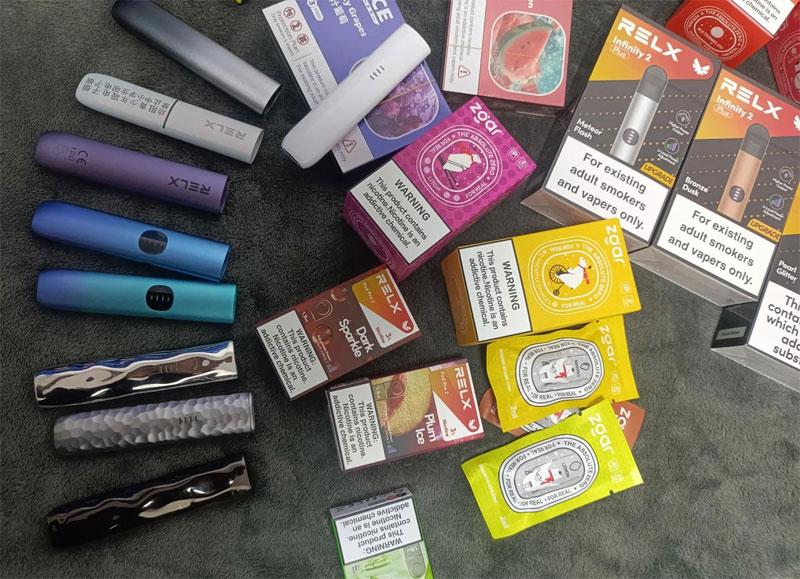The Legal Framework of E-cigarettes in the Philippines
The evolving landscape of e-cigarettes has prompted governments worldwide to implement various regulations. In the Philippines, understanding the laws concerning e-cigarettes is crucial for both consumers and businesses. This comprehensive guide sheds light on the regulatory measures shaping the use, marketing, and sale of e-cigarettes within the country.
Understanding E-cigarette Regulations
E-cigarettes, commonly known as vape products, have faced scrutiny due to potential health risks and their appeal to younger demographics. In the Philippines, these concerns are addressed through stringent legislation aimed at controlling their distribution and consumption. Key aspects of the regulations include limiting sales to minors and standardizing product labeling.
Age Restrictions and Accessibility
The Philippine government has enforced strict age restrictions on the sale of e-cigarettes, prohibiting their sale to individuals under 18. This law is pivotal in protecting minors from accessing vape products, ensuring that sellers verify the age of their consumers diligently.
Labeling and Packaging Standards
Health warnings are mandatory on all e-cigarette packaging, providing consumers with pertinent information about potential risks. These regulations ensure transparency in the marketing and distribution of vape products, helping consumers make informed choices.
Marketing and Advertising Regulations
Stereotypically glamorous advertising of e-cigarettes is heavily regulated in the Philippines, with laws prohibiting misleading advertisements and ensuring that promotions do not target vulnerable groups, especially minors.
Compliance and Enforcement
The authorities are stringent in enforcing e-cigarette laws, with penalties for non-compliance ranging from fines to the revoking of business licenses. These measures are essential in maintaining public health and safety standards.
The Future of E-cigarettes in the Philippines
The evolving legal landscape indicates a trend towards stricter regulations, influenced by comprehensive health studies and societal pressures. As the understanding of e-cigarette impacts grows, further legislative changes are anticipated, focusing on enhancing public health.

Potential Legislative Overhauls
With increasing evidence on health risks, lawmakers may introduce new regulations or intensify existing ones. This proactive approach aims to mitigate health concerns and adjust to the global stance on vaping.
FAQs on E-cigarette Regulations in the Philippines
- Can foreigners bring e-cigarettes into the Philippines?
Yes, but foreigners must comply with local regulations, including age restrictions and quantity limitations.
- Are vape shops easily accessible in the Philippines?
Vape shops are available but regulated to ensure they adhere to strict guidelines, particularly regarding age verification and product authenticity.
- What penalties exist for violating e-cigarette laws?
Punishments may include fines and license suspension, emphasizing the importance of adhering to legal standards.

For those involved with e-cigarettes, understanding the intricacies of Philippine law is vital not only for legal compliance but also for ensuring the protection of public health and safety.
